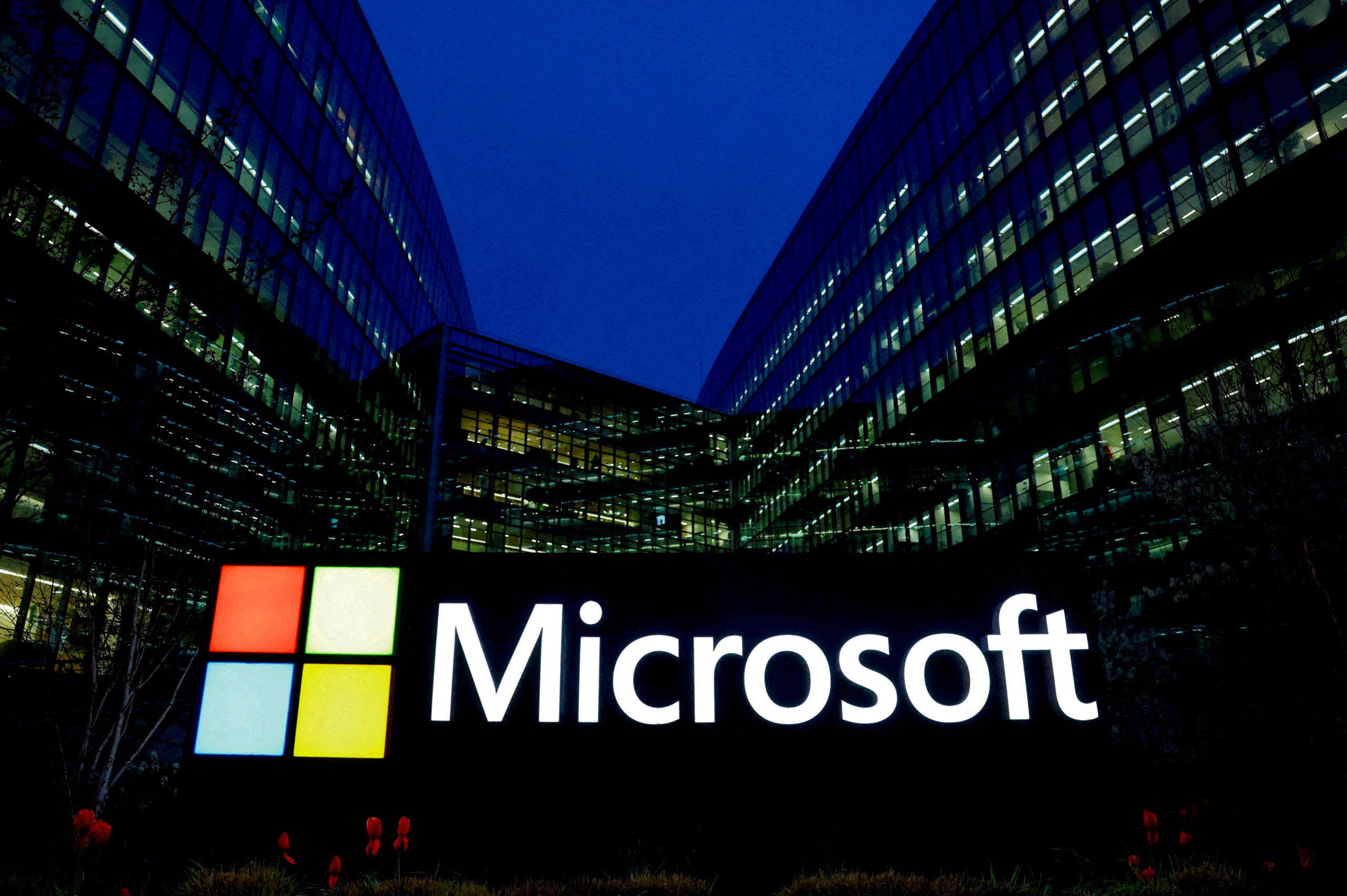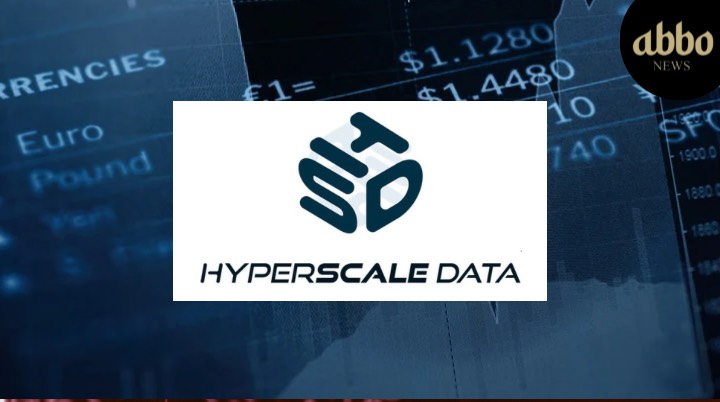Microsoft (NASDAQ: MSFT) investors will have one big question when the tech giant reports earnings on Tuesday: has growth in its Azure cloud-computing business picked up enough to justify the billions of dollars being spent on artificial intelligence infrastructure?
Widely seen as the front-runner in the race to make money from AI, thanks to its tie-up with ChatGPT maker OpenAI, Microsoft is expected to report that Azure’s growth stayed steady quarter-over-quarter at about 31% between April and June, according to data from Visible Alpha.
That would be in line with the company’s forecast, but investors are expecting a bigger contribution from its AI business in the fiscal fourth quarter after it accounted for 7 percentage points of Azure’s growth in the first three months of the year.
Microsoft’s capital spending likely surged about 53% year-over-year to $13.64 billion in the period, according to 16 analysts polled by LSEG. A big step up from the $10.95 billion in expenditure it recorded in the previous quarter.
Fears that runaway spending by tech giants on data centers would yield little payoff in the short term have dogged the U.S. stock market this month amid signs that Wall Street may have become too optimistic about earnings growth.
Shares of Google-parent Alphabet (NASDAQ: GOOG, NASDAQ: GOOGL) fell more than 5% last week after the company reported quarterly capital spending that exceeded estimates by nearly $1 billion, while the revenue boost from AI integrations remained modest, sparking a selloff in major tech companies.
Alphabet said its quarterly capital expenditure would stay high for the rest of 2024 at or above $12 billion.
“Investors will be very focused on Microsoft’s ability to continue to accelerate revenue growth, especially the portion related to AI. If revenue acceleration doesn’t materialize and increases in capex continue, investors may be disappointed,” said Gil Luria, senior software analyst at D.A. Davidson.
Microsoft (NASDAQ: MSFT) has said it needs to spend on data centers now to overcome the capacity constraints that are hampering its ability to capitalize on AI demand.
Its view echoes that of other tech companies, including Alphabet. The Google parent’s CEO, Sundar Pichai, said last week that the “risk of under-investing (in AI infrastructure) is dramatically greater than the risk of over-investing.”
‘WELL POSITIONED’
The spending surge has allowed Microsoft to court more business from its large enterprise client base by offering expanded access to its AI cloud service and rolling out features such as its 365 Copilot assistant for Word and Excel.
Microsoft (NASDAQ: MSFT) has said the $30-per-month Copilot service, which can summarize heaps of emails into a few bullet points or speedily complete lines of computer code, is used by half of the Fortune 500 companies.
The Redmond, Washington-based tech giant is, however, yet to disclose the revenue contribution from the service, and analysts believe Copilot’s impact will be more apparent in the back half of calendar year 2024.
“While a lot of focus has been on consumer-facing applications like ChatGPT, (generative AI) is potentially a larger opportunity for enterprise and Microsoft is just incredibly well positioned to capitalize on their install base,” said Igor Tishin, analyst at Harding Loevner, a $55 billion asset manager that counts Microsoft and Alphabet among its largest holdings.
Microsoft shares (NASDAQ: MSFT) have risen about 13% this year, adding more than $350 billion to the company’s market value. The stock hit a record high on July 5 but has dipped nearly 9% in the recent tech selloff. It has underperformed a 14.5% rise in the S&P 500 this year.
The company is expected to post a 14.6% increase in overall revenue for the April-June period, compared with 17% growth in the previous quarter.
That is mostly down to slower growth in its personal computing business, which includes Windows and the Xbox gaming division. The productivity business – home to the Office suite of apps, LinkedIn, and 365 Copilot – is expected to post growth of about 10%.
(Source: ReutersReuters)













